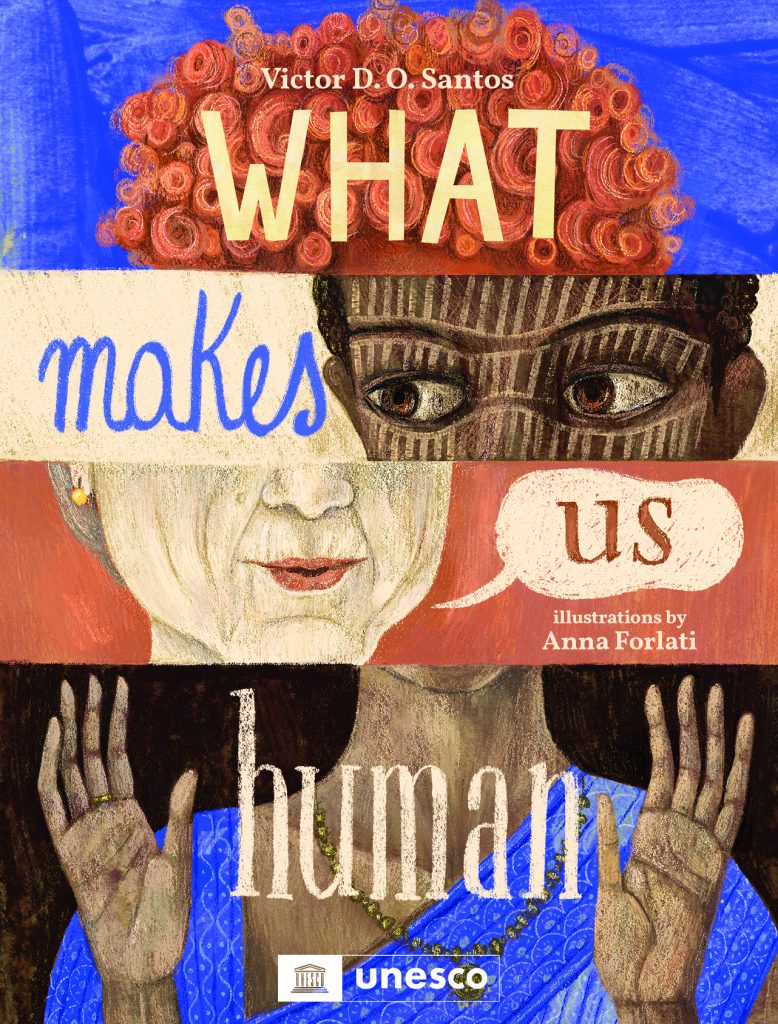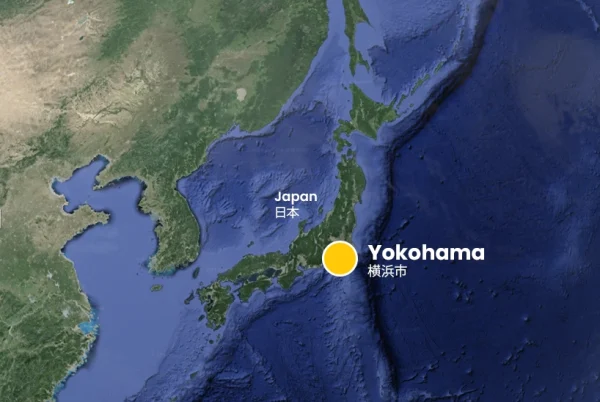Throughout history, innovative children’s literature has often emerged from a creative adult’s quest to convey profound lessons to the younger generation.
A recent example in this tradition is Avant’s Victor D.O. Santos Ph.D.’s “What Makes Us Human”, a 42-page book collaboration with Italian illustrator Anna Forlati to be released in the USA, Canada, and the UK on March 5, 2024 by Eerdmans Books for Young Readers and UNESCO.
UNESCO, a proponent of linguistic and cultural diversity, is partnering with publishers around the world to share this enlightening work with young audiences as a part of the United Nation’s 2022-2032 International Decade of Indigenous Languages.
Santos’ language analysis and research work with Avant and his passion for children’s literature intersect on many levels. Let’s unravel this tapestry of literature, linguistics, and learning.
The Birth of “What Makes Us Human”
In a world witnessing the alarming potential extinction of 40% of its 7,000 spoken languages by the century’s end, Santos, a passionate linguist, sought a way to impart to children the intrinsic value of every language. As he eloquently states, every language, irrespective of its number of speakers, epitomizes a wealth of traditions, beliefs, and worldviews, and when any language is lost, it is a loss for all of humanity. The book’s underlying message resonates with UNESCO’s core belief: the greater the linguistic diversity in our world, the richer our human experience.
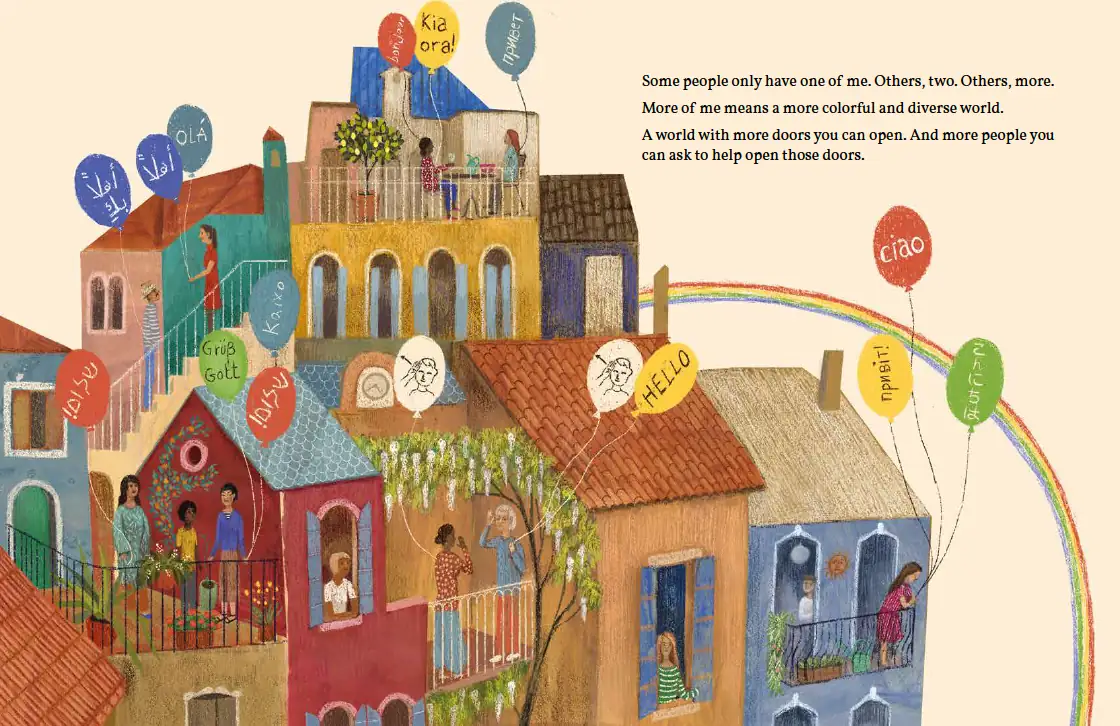
UNESCO and the Preservation of Linguistic Heritage
Recognizing the impending threat to linguistic diversity, especially to the 4,000 indigenous languages, the United Nations marked 2022–2032 as the International Decade of Indigenous Languages. UNESCO, the United Nations’ organization chosen to spearhead the Decade, has embarked on a decade-long journey to avert the loss of these languages and foster their revival and celebration. Santos’ “What Makes Us Human” is aligned with these important objectives, aiming to kindle awareness among the youth about the linguistic treasures they inherit and the urgency to safeguard them.
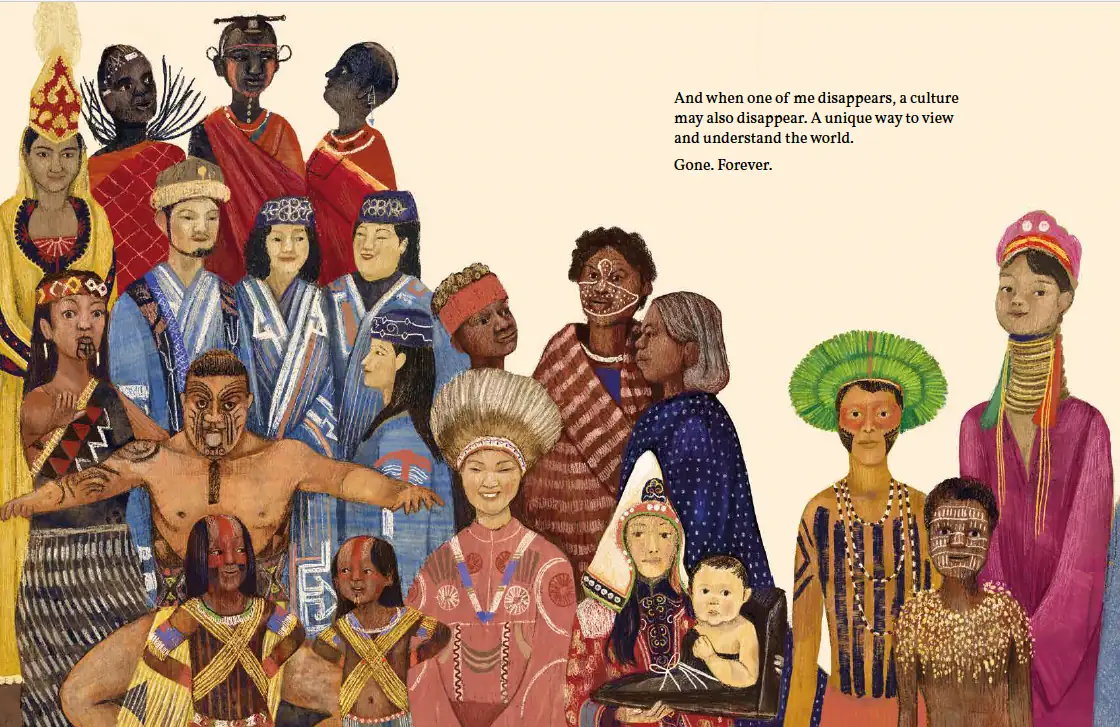
At the Intersection of Personal and Professional
As the Director of Assessment and Research at Avant, Santos’ work intersects with the very heart of “What Makes Us Human”. Avant Assessment, a pioneer in language proficiency testing, offers Santos the ability to engage in the interplay between human cognition, language learning, and cultural preservation. His dual roles amplify the significance of both his professional endeavors and literary contributions. By analyzing language proficiency in a wide range of languages, Santos not only gauges linguistic capabilities but also indirectly underscores the importance of preserving our global linguistic heritage.
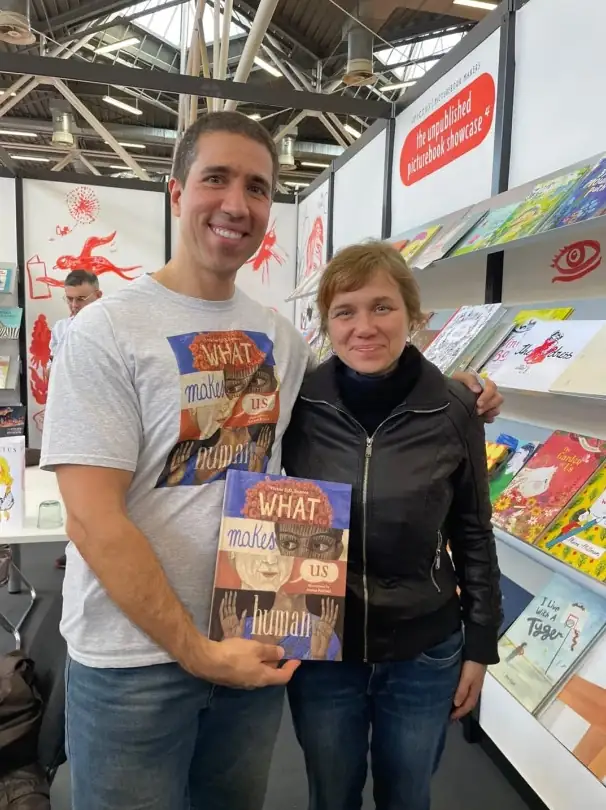
Global Releases and the Book’s Impact
With over fifteen international releases planned at the time of this writing, ranging from bilingual editions in Mapuzugun (an Indigenous language of Chile) and Spanish to versions in Arabic, English, French, Chinese, Korean, Italian, and several other languages, “What Makes Us Human” is set to make waves across continents. As the book finds its way to global audiences, it serves as a vital reminder of the linguistic and cultural legacies we need to cherish and pass on to future generations.
In an era of rapid globalization and potential linguistic homogenization, Victor D.O. Santos, through “What Makes Us Human”, urges us to pause and reflect on the essence of our humanity, which lives in our diverse languages and cultures. His affiliation with both UNESCO and Avant emphasizes the pivotal role language plays in shaping our identities, preserving our past, and charting our future.
Pre-orders for the English edition of the book are already available here, in advance of its March 5, 2024 release.
Articles you may also like:
Avant STAMP for ASL and Latin: Expanding Access to State and Global Seals of Biliteracy
Increasing Opportunity Through Ukrianian Language Proficiency
